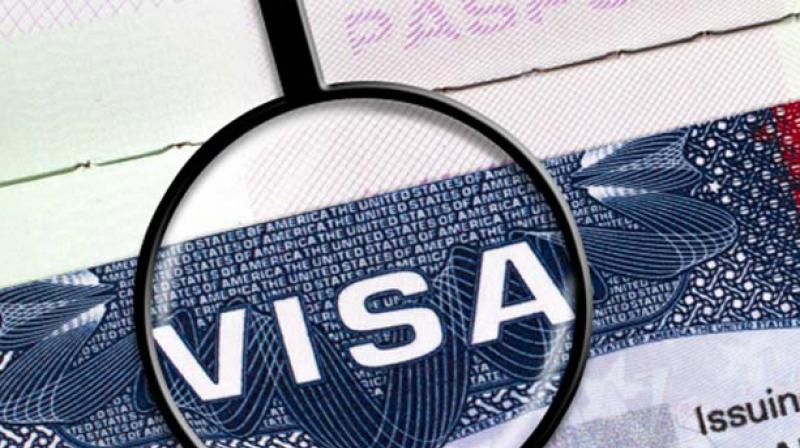Get things right on student visa

The dreams of studying abroad are shared by numerous students across the globe. Closer home, according to the Indian Ministry of External Affairs, there were more than 7 lakh Indian students studying abroad as of July 2018.
In terms of student visa applications that come year on year, Australia, Canada, UK and US (in alphabetical order) as some of the most popular countries. France, Germany, Italy and Latvia (in alphabetical order) also see a sizeable student flow.
If you are gearing up to join this bandwagon, then there will be numerous things to cross off your checklist. One of them is visa, an essential travel document for your academic journey abroad. There are a lot of things, some major and minor, to be done before you board the flight for your dream journey.
Acceptance letter: Acceptance letter from the university/institute where you have secured the admission is an essential prerequisite for visa application. Another prerequisite is the partial or entire payment of your tuition fees. The length of your course is an important determinant of the type of student visa you need to apply for. For instance, if your course is less than six months, you may need to enter on a short-term study visa which may not allow you to work while studying. The rules for visa applications differ for various countries as per the mandate laid out by the consulate/embassy. For instance, students applying for a visa to France, Germany, Italy, Latvia and Belgium are required to carry physical copies of the acceptance letter.
Do not procrastinate: Start early! Find out the right category of visa you need. Your college or the relevant embassy will be the best consultant for this. Applying one to three months prior to the commencement of your course would be ideal. Be sure you are well informed as student visa requirements for different regions within the same country can vary significantly. Each country has its own timeline defined for how soon students need to file applications after getting the acceptance letter. For example, for students headed to the UK, it is necessary to apply within 30 days of getting their acceptance letter.
Are you healthy enough? Different countries have different restrictions to keep infectious diseases at bay. The health restrictions on the student visa application is one hurdle you can get past by undergoing medical tests. Similarly, you may be required to prove you have been immunised if there has been an outbreak of a disease in your home country. In some countries, a mandatory health insurance is required before you are granted visa. Health insurance is usually required for a period of 1 to 3 months for select countries. For health cover, costs differ from country to country. For example, Schengen countries have no charge in this category. However for UK, there is a mandatory health surcharge that is payable online.
Get your documents in order early on: You wouldn't want to be denied visa because of lack of documents or wrong documents. Ensure your current passport is valid for the next 6 months. While you must refer to the website of the country you are applying to for the checklist of required documents, below are some common documents you will need at the time of the visa interview:
*Passport
*Photos
*Acceptance Letter
*Financial documents with proof of funds
*Student loan approval
*Academic qualifications
*Test scores of English language qualifications
*Proof of international student health cover
The visa conditions: While a student, can you work part-time? If so, how many hours per week? Can your family go with you? After graduation, can you apply for a work permit, and if so, for how long is it valid? Make sure you know all your entitlements upfront, as every country has a different set of conditions for student visas. Once you get your visa, taking a little time to understand the finer aspects of your visa category can be insightful.
Crossing off these five pointers will have you covered for the major part of your visa application. However, be sure to go through the country specific requirements thoroughly before applying for visas, as each country has its own set of application requirements and procedures which may vary from others.
Do remember that students are often fair game for touts or fraudulent entities who promise to expedite visas, or job offers or immigration, in return for upfront payments. Beware you don't fall prey to such elements and be on the lookout for suspicious mails or phone calls.
Now that you have the checklist for a hassle-free visa application, get started with your application and embark on the journey to pursue your dreams!
(The writer Vinay Malhotra is regional group COO - Middle East, South Asia & China, VFS Global)

